Talc mineral, a naturally occurring hydrated magnesium silicate, has been widely used throughout history for its diverse range of properties and applications. From personal care products to industrial processes, talc plays a pivotal role in enhancing functionality, improving quality, and adding value across multiple industries. This article explores the myriad applications of talc and highlights its versatility as a transformative mineral. Personal Care and Cosmetics Industry: Talc is an essential ingredient in many personal care and cosmetic products, owing to its ability to provide texture, absorb moisture, and improve the overall feel of formulations. Its fine particle size makes it an ideal candidate for use in powders, such as talcum powder, baby powder, and dry shampoos. Talc also acts as an effective lubricant, enabling smooth application of various skincare and makeup products. Furthermore, its mattifying properties make it a popular choice in oil-controlling formulations, such as foundations, primers, and facial powders.
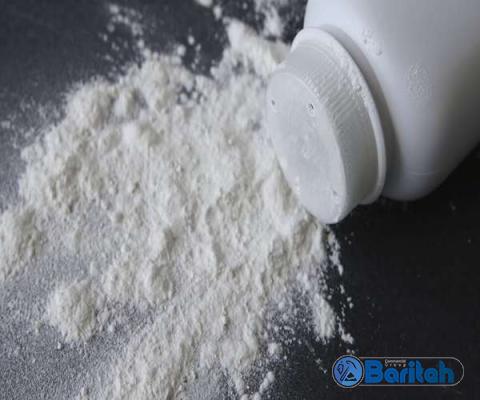
.
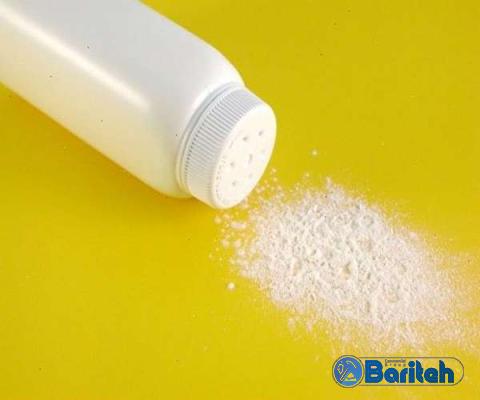 Pharmaceutical and Healthcare Industry: Talc’s pharmaceutical-grade quality and excellent absorption capabilities make it a valuable component in medications and healthcare products. Due to its non-reactive nature, talc is commonly used as an excipient in tablets and pills, aiding in the manufacturing process and ensuring controlled drug release. Additionally, talc is used in topical formulations, such as ointments, creams, and powders, for its moisture-absorbing and skin-soothing properties. Plastics and Rubber Industry: In the plastics and rubber industries, talc serves as an effective reinforcing filler and anti-blocking agent. Its unique lamellar structure enhances dimensional stability, impact resistance, and tensile strength in plastic and rubber products. Talc also offers excellent thermal and electrical insulating properties, making it valuable for applications in electronic components, automotive parts, and insulation materials.
Pharmaceutical and Healthcare Industry: Talc’s pharmaceutical-grade quality and excellent absorption capabilities make it a valuable component in medications and healthcare products. Due to its non-reactive nature, talc is commonly used as an excipient in tablets and pills, aiding in the manufacturing process and ensuring controlled drug release. Additionally, talc is used in topical formulations, such as ointments, creams, and powders, for its moisture-absorbing and skin-soothing properties. Plastics and Rubber Industry: In the plastics and rubber industries, talc serves as an effective reinforcing filler and anti-blocking agent. Its unique lamellar structure enhances dimensional stability, impact resistance, and tensile strength in plastic and rubber products. Talc also offers excellent thermal and electrical insulating properties, making it valuable for applications in electronic components, automotive parts, and insulation materials.
..
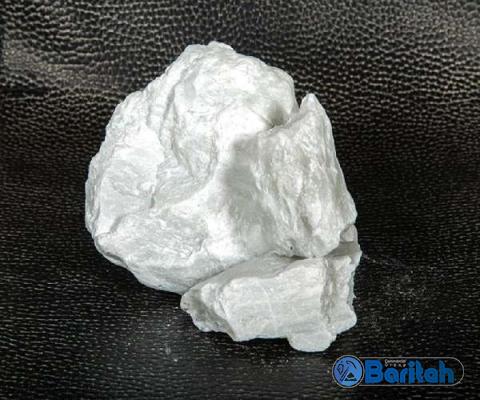 Ceramics and Paint Industry: Talc’s exceptional whiteness and high temperature resistance make it an indispensable component in ceramic glazes, tiles, and pottery. It improves the workability of ceramics, enhances firing properties, and imparts a smooth finish to the final product. In the paint industry, talc functions as a prime extender, improving paint coverage, reducing costs, and providing a smooth surface for easier application. Industrial Applications: Talc’s lubricating properties and ability to withstand high temperatures and pressures make it an essential component in various industrial processes. It is used as a release agent in the manufacturing of numerous products, including cables, pipes, tires, and conveyor belts. Moreover, talc’s chemical inertness, low hardness, and lamellar structure make it an ideal additive in industrial coatings, adhesives, and sealants.
Ceramics and Paint Industry: Talc’s exceptional whiteness and high temperature resistance make it an indispensable component in ceramic glazes, tiles, and pottery. It improves the workability of ceramics, enhances firing properties, and imparts a smooth finish to the final product. In the paint industry, talc functions as a prime extender, improving paint coverage, reducing costs, and providing a smooth surface for easier application. Industrial Applications: Talc’s lubricating properties and ability to withstand high temperatures and pressures make it an essential component in various industrial processes. It is used as a release agent in the manufacturing of numerous products, including cables, pipes, tires, and conveyor belts. Moreover, talc’s chemical inertness, low hardness, and lamellar structure make it an ideal additive in industrial coatings, adhesives, and sealants.
…
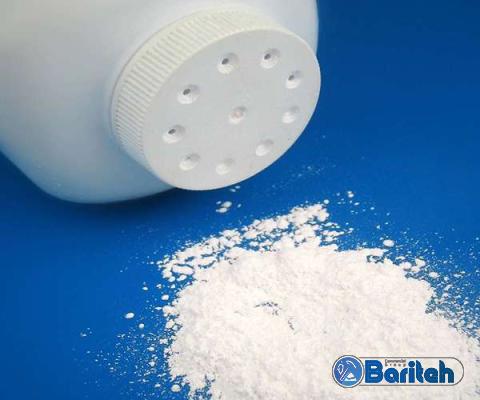 Environmental and Safety Considerations: While talc has numerous applications and provides significant benefits, it is important to address concerns regarding its safety and potential health risks. Recent studies and regulatory bodies have extensively evaluated talc for the presence of asbestos and other contaminants, ensuring that consumer-grade talc used in personal care products is asbestos-free. Industrial-grade talc strictly adheres to safety regulations and is processed to eliminate potential risks. Conclusion: Talc mineral plays an indispensable role across various industries, showcasing its versatility, functionality, and transformative capabilities. The mineral’s diverse applications range from personal care and cosmetics to plastics, ceramics, and industrial processes. As ongoing research and stringent regulations ensure the safety and quality of talc products, its value as a reliable and efficient mineral continues to flourish.
Environmental and Safety Considerations: While talc has numerous applications and provides significant benefits, it is important to address concerns regarding its safety and potential health risks. Recent studies and regulatory bodies have extensively evaluated talc for the presence of asbestos and other contaminants, ensuring that consumer-grade talc used in personal care products is asbestos-free. Industrial-grade talc strictly adheres to safety regulations and is processed to eliminate potential risks. Conclusion: Talc mineral plays an indispensable role across various industries, showcasing its versatility, functionality, and transformative capabilities. The mineral’s diverse applications range from personal care and cosmetics to plastics, ceramics, and industrial processes. As ongoing research and stringent regulations ensure the safety and quality of talc products, its value as a reliable and efficient mineral continues to flourish.
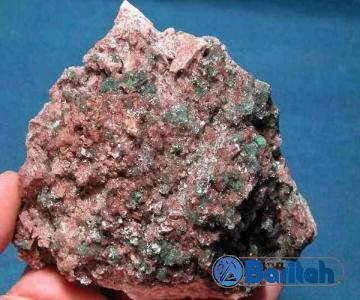
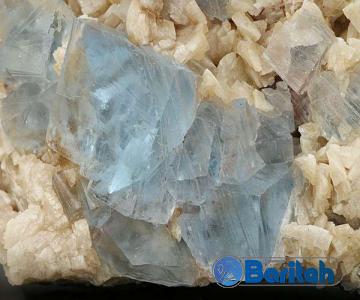
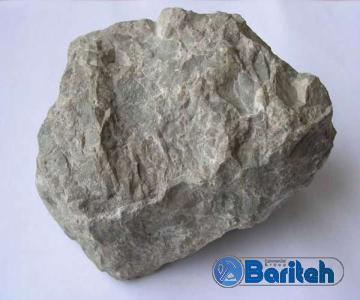

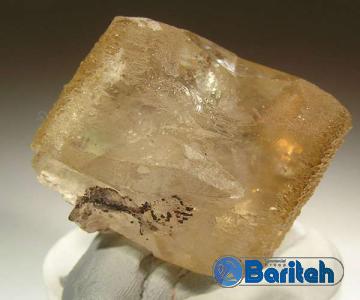
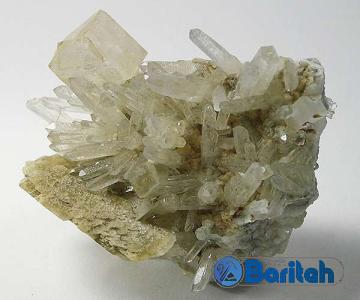
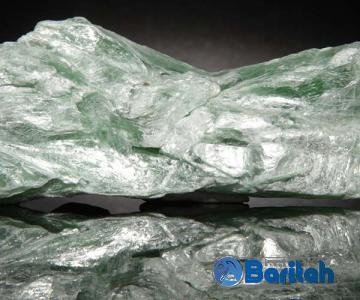
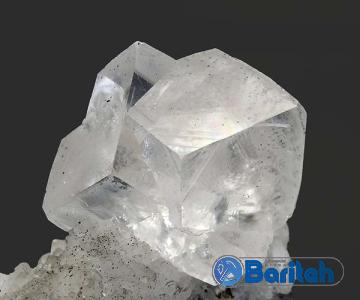
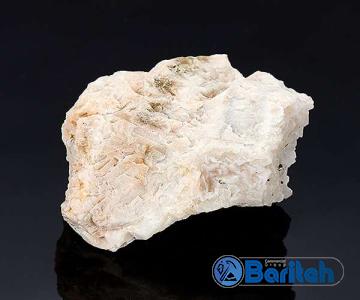
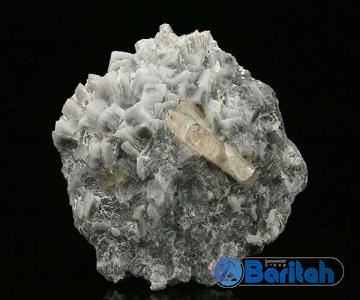
Your comment submitted.